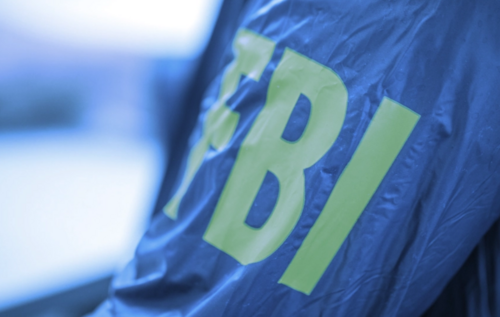

During a virtual panel with Bloomberg on Tuesday, the assistant director of the FBI's Cyber Division, Bryan Vorndran, said that "crypto is the primary currency, the primary vehicle, to facilitate extortion payments."
Vorndran added that despite "some opportunities" offered by blockchain technology, "the ability to pay crypto, script it immediately into a tumbler, whether through an extortion payment or theft, is a huge, huge challenge for us."
A tumbler is a piece of technology that obfuscates the source of crypto, which can be used to clean any ill-gotten funds. They are sometimes also called "mixers."
Tumblers are also often used to hide the source of Bitcoin in ransomware cases, during which cyber attackers encrypt an entity's computer systems, freezing the owners' ability to access their data. In exchange for payment in Bitcoin, the attackers unlock the systems.
And as Vorndran alluded, keeping track of these funds is difficult as they usually never enter the traditional financial sector. One of Bitcoin's primary selling points is that it also allows anyone in the world to instantly send any amount of money at any time, making it a convenient alternative to cash in the digital era.
The assistant director summed it up thus: For criminals, "It's the only game in town."
Over the past several months, the United States government has prioritized tracking illicit crypto activity.
Following ransomware attacks on critical pieces of American infrastructure last year, the Department of Justice (DoJ) elevated ransomware to the same priority level as terrorism.
The DoJ's update came shortly after attacks on Colonial Pipeline, an oil pipeline that serves Southeastern states, and the U.S. subsidiary of meat processing giant JBS. The former attack caused a gasoline shortage in the region, earning major headlines and raising national attention around this type of cyber attack.
In pure dollar figures, ransomware attacks raked in roughly $602 million in 2021, according to estimates from blockchain analytics firm Chainalysis. Conti, a Russian-based hacker group, was determined to be the largest earner during that period, extorting more than $180 million from its victims.
Though ransomware attacks are clearly on the intelligence community's radar, Vorndran's comments suggest that hacker groups are far from worried.
